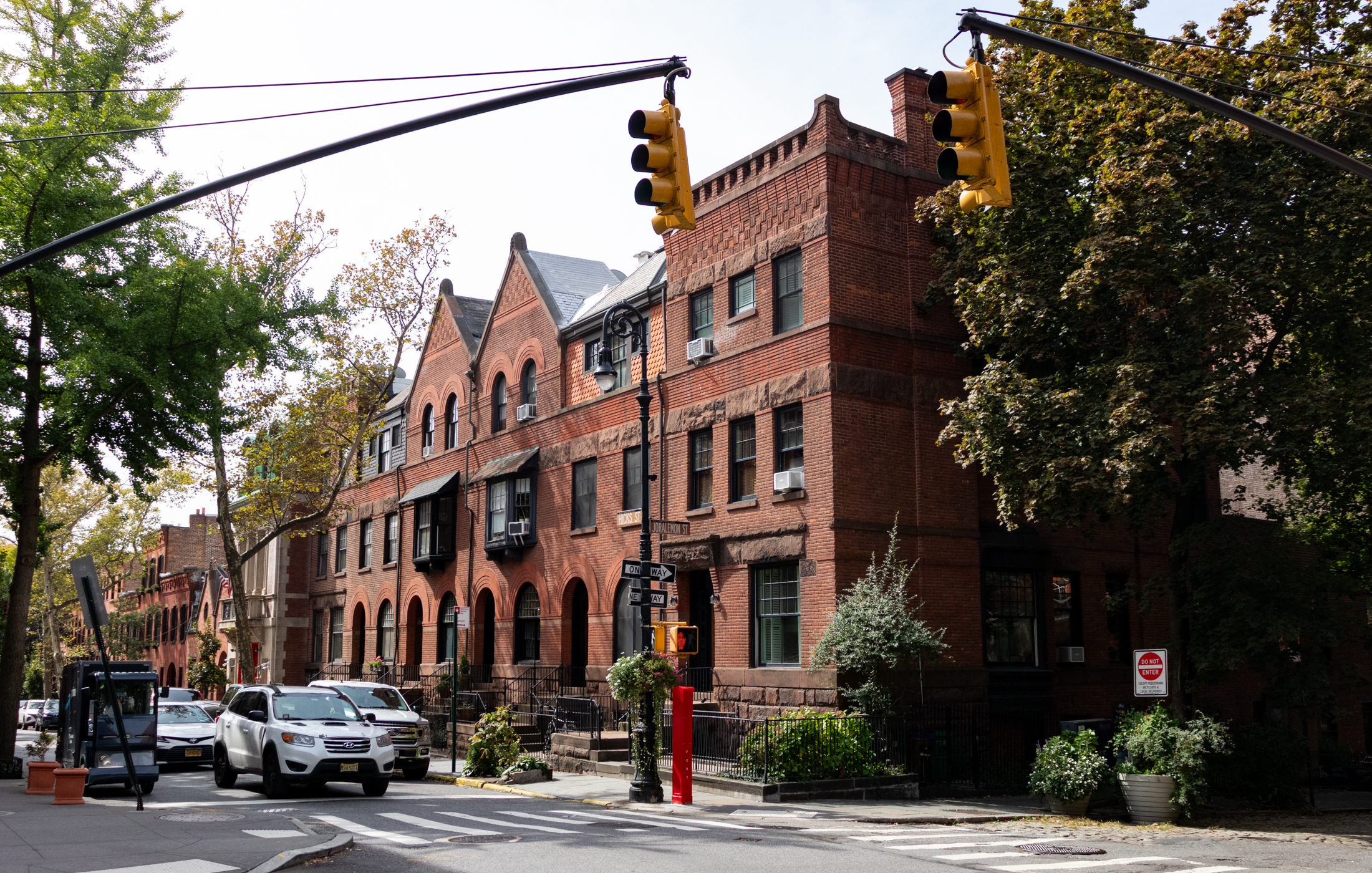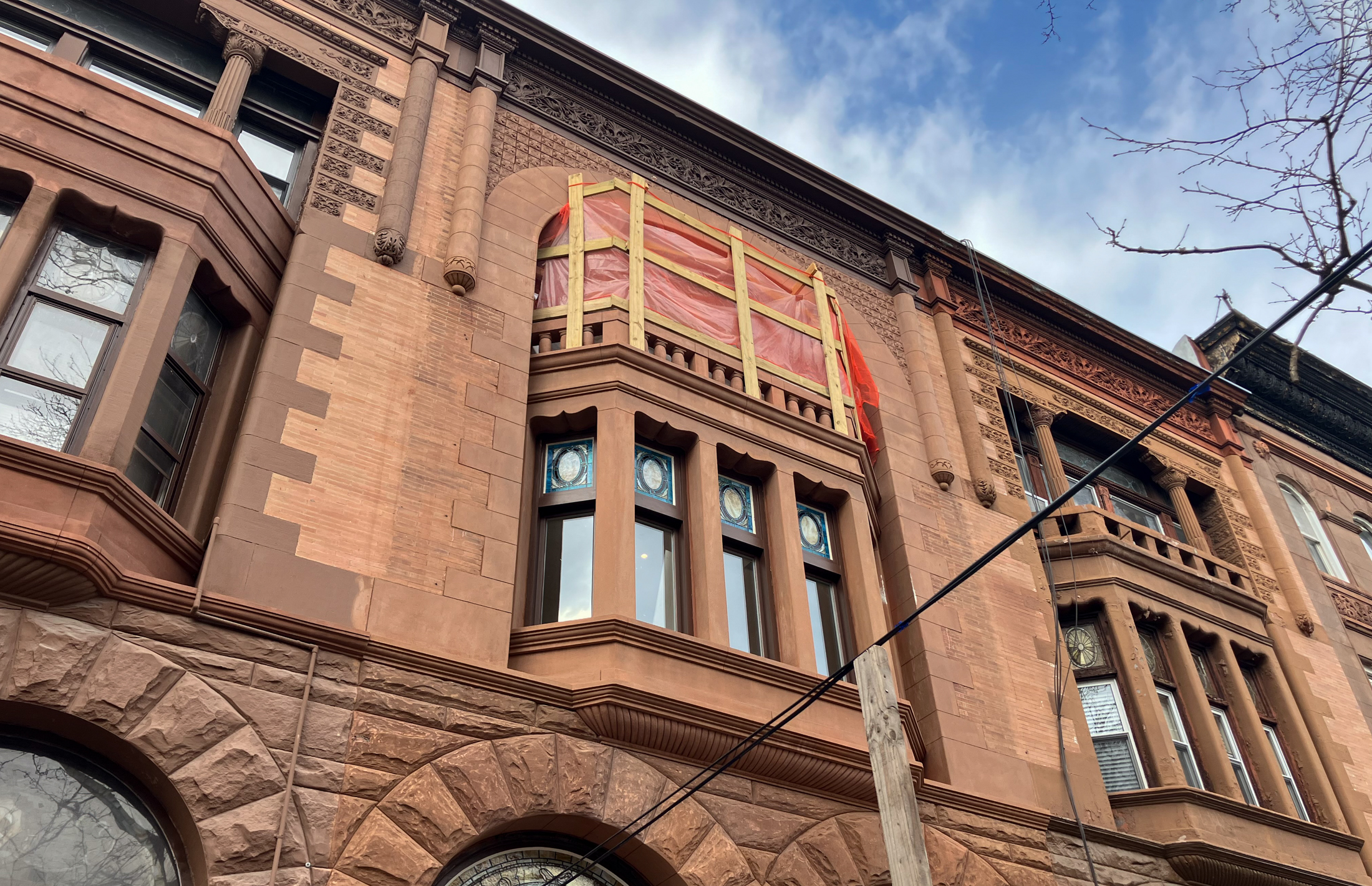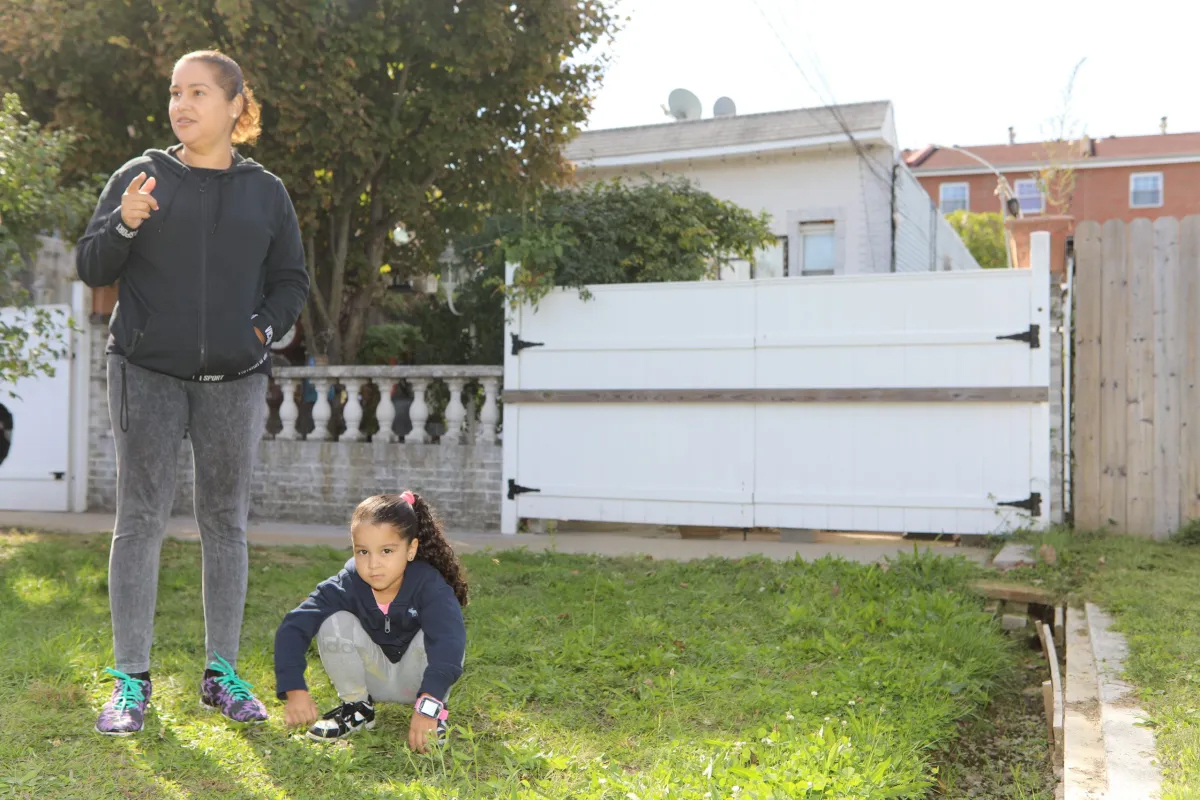Loan Modifications Not Working Out So Well
A recent study by the Office of the Comptroller of the Currency found that more than 50 percent of troubled homeowners had missed at least one payment six months after a lender modified their loan, and lenders and other researchers report similar default rates on modified mortgages…As the economy continues to slow, layoffs mount and…
A recent study by the Office of the Comptroller of the Currency found that more than 50 percent of troubled homeowners had missed at least one payment six months after a lender modified their loan, and lenders and other researchers report similar default rates on modified mortgages…As the economy continues to slow, layoffs mount and housing prices drop more, making it even harder for homeowners to sell their homes to pay off their loans, the default rate is expected to rise. “As the economy worsens, we’re going to see defaults and re-defaults go up,” said FDIC Chairman Sheila C. Bair. “That’s just going to happen. People need to understand that.” — Washington Post





“Force the lenders who gave the loans to swallow the loss and let people make a new start, re-establish their credit and then they can shop for a new home that will be considerably cheaper than their last one.”
OK, so what happens if the former homeowner who “walks away” from one place, is the “forgiven,” re-establishes their credit, buys a new home with the best of intentions, and then DEFAULTS on the new mortgage? In my opinion, both the banks AND the defaulting homeowners need to share responsibility. The government and the banks alone are not responsible for our culture of credit. At some point, people need to take responsibility for their own actions.
The problem is volume. With too many foreclosures, the banks can’t sell them — even at a reasonable loss. Then they incur the taxes, repairs (yeah right), etc. What happens is your neighbor (the house owned by the bank) is either bought up by some speculator who rents to just about anyone or deteriorates. Then you, the neighbor, are upset because too many on your block are vacant and your house ain’t worth squat. Of course, this doesn’t really happen in Brownstone Brooklyn, so who cares on Brownstoner. I live in a Historical section on the Hudson and we don’t want to see anyone foreclose. But close by, you can buy any number of Italianate houses for popcorn. Feel fortunate you are protected (for now). But if the tides changed, I bet more of you would wish the banks worked something out with the lender.
Many people who got loan modifications ended up with the same or higher mortgage payments. Government programs like the H4H/HOPE for Homeowners loans, are a bust as well. The program is intended for people who have no previous late payments or otherwise bad credit whose mortgage interest rates have reset or are to reset making payments unaffordable. These homeowners could apply for government backed mortgages at about 5-6% fixed interest for 30-40 years. Needless to say, there aren’t too many homeowners looking for help who are creditworthy enough to fit the criteria. The other thing with the H4H loans is that the homeowner would be in an “equity and appreciation sharing” contract with the government.
My job hired an additional housing counselor last month to deal with the influx of people seeking help. Interestingly, enough many of the people seeking help are renters. We refer the renters for one-shot deals and other such programs. Many people coming in – both former homeowners who lost their homes and renters who lost their apartments complain that they can’t get another apartment because of their poor credit.
As to the general issue, I’ve said this before: If loan modification has a 50% success rate than that is really really really good.
Anyone who says otherwise isn’t thinking clearly.
Scenario 1: 100 homeowners are in trouble. None of them receive help. Let’s say 80 get foreclosed on and 20 manage to get their finances in order without help.
Scenario 2: 100 homeowners are in trouble. They get help. 50 get foreclosed on anyway.
That’s a 37.5% reduction in foreclosures. Sounds good to me.
Well put, Brooklynnative.
The reason for all of these bailouts ultimately seems to be that were everyone who deserves to be foreclosed on actually foreclosed on most if not all of major US financial institutions would be bankrupt.
It really has nothing to do with saving homeowners. That’s just political cover. It has everything to do with saving the banks.
While individual banks can go bankrupt with minimal disruption to society, all of them going bankrupt would be similar to the water company going out of business or every supermarket in the city closing down at once. At least, this is what our decision makers seem to believe.
As Taleb and others have been saying, Banks are Utilities and should be regulated and controlled as such (incl. profit limitations) because society must bail them out when they fail.
As for borrowing our way out of this mess… I have no idea if we can do it, but we sure as hell look like we are going to try.
It’s all too depressing. The government has for too long enacted policies to allow Americans to live beyond their means and at the same time accomodate the interests of corporate America. Greenspan pushed interest rates to practicaly nil in 02 and contantly bailed out the market at times of trouble (the Greenspan put); Bush told Americans to go shopping after 9/11; Congress passed bankruptcy reform a couple years back which was literally written by the credit card companies. Just because Hoover refused to do enough to end the Great Depression does not mean the solution to our current crisis is to spend even more money than we don’t have. When we entered into the Great Depression America was a creditor not a debtor nation and there was no account defecit. Now, since Reagan, we contintually push off our financial responsibilities to future generations. We continually cut taxes but increase spending relying on the largess of foreigners to lend us more and more money.
Next year, according to the CBO (which is non-partisan), the deficit is going to be 2 trillion dollars and that does not include the two “off budget” items – the underfunded social security and medicare programs which brings the annual defecit to $4 trillion.
Sheila Blair has done a great deal of good carping on how government needs to do more for homeowners. Unfortunately, what she has accomplished has been primarily to benefit her own career. Why is it so bad to tell people to walk away from homes they cannot afford? Force the lenders who gave the loans to swallow the loss and let people make a new start, re-establish their credit and then they can shop for a new home that will be considerably cheaper than their last one. God forbid they become renters, it’s not the end of the world. What the government is attempting to do is forestall the day of reckoning. We got into this mess by going too far into debt and I have yet to read a rational explanation of why taking on more debt is the solution to the problem.
seriously question, maybe wrong thread, im not totally sure.. why are homeowners getting bailed out for missing payments on their mortgages but renters don’t get any bailout if they miss their rent? i know some states have one time only programs where if you miss your rent they will help you out. btw, i have never not paid my rent, rent always comes first no matter what. like MIA sings, you gotta get a j-o-b if you wanna be with me, cuz there’s nothin goin on but the rent!
The Three C’s of Lending: Collateral, Character and Capacity. Character usually doesn’t change from one loan to the next once someone has defaulted.
What about de-re-defaults, where things get better.